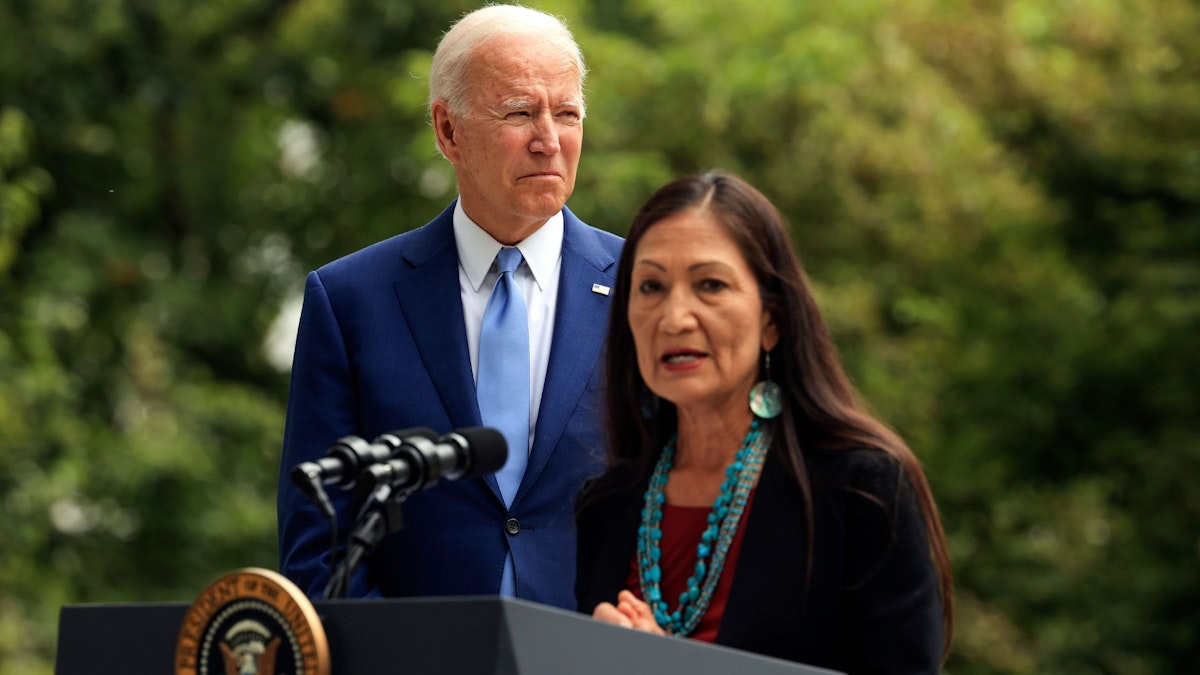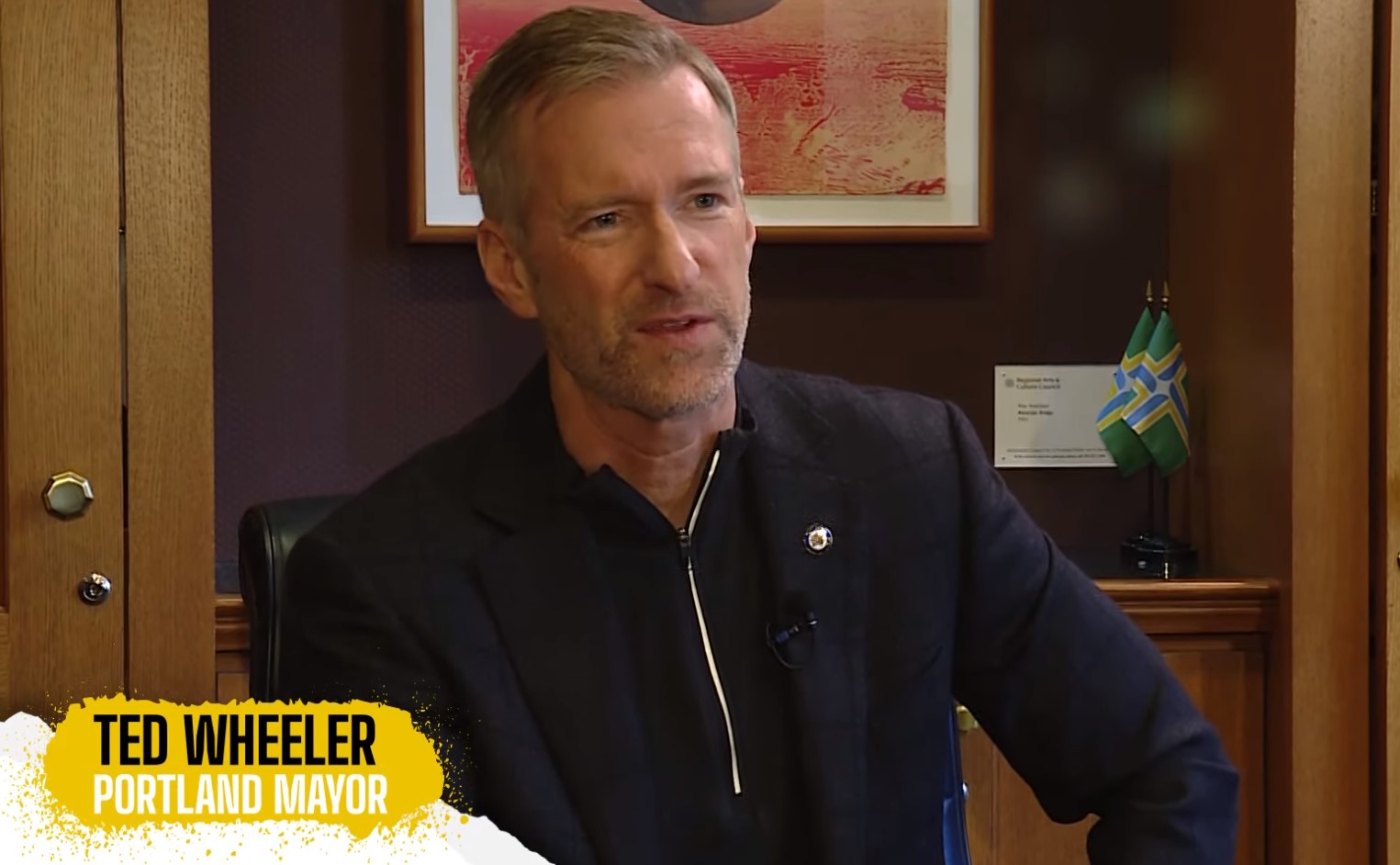But church members wanted to do more than just protect their building. They wanted to love their neighbors. Thus, they asked
Portland Rescue Mission, a nonprofit that works with the homeless, for guidance on the best way to minister to the people who frequent the drug camp. “We want to help people who need help. And we wanted to have the right attitude about it,” insisted Bradshaw.
Portland Rescue Mission evaluated the camp but concluded it was purely a site for drug use. Unlike some homeless encampments, no one lived there. Bradshaw recounts that Portland Rescue Mission sent the church an email that said, “We’ve been doing an assessment of that homeless encampment. And, in our view, the best thing you can do is get them to leave because they’re dangerous. They’re not interested in getting help. And it’s not safe for you or the community to have a homeless encampment of that nature.”
In Portland, the police have the legal power to remove — or “sweep” — a homeless encampment that is located on public property. However, this was not a straightforward situation where the church could contact the police and set a date.
Police efforts to sweep homeless encampments are sometimes frustrated by homeless advocacy groups. These groups see sweeping as cruel and inhumane. If they find out about a sweep, they turn up to protest. “Our street behind our church and another section in Portland are two hot spots for shootings. And the police have a hard time dealing with the other hotspot because there are activists in that area,” Bradshaw said.
Homelessness and drug use continue to run rampant in Portland as the city's leaders focus on gun violence.

thefederalist.com



